This week I want to get a little bit personal and ask you a question…
How do you talk to yourself?
Do you talk to yourself like you are your own best friend?
Are you compassionate, loving and kind?
Or, do you shame and blame? Beat yourself up for all the things you aren’t doing or did wrong? Maybe even criticize yourself for who you are and how you look?
Are you maybe talking to yourself like you are your own foe (friend or foe)?
Especially for those of us raised as girls and socialized as women, we are bombarded with messages from the adults around us as well as from the media about all the ways we are inadequate, not good enough, and even responsible for others’ behavior.
We internalize and then repeat to ourselves all sorts of negative messages, often without even realizing we are doing so. We use them to beat ourselves up, call ourselves names, and think negatively or pessimistically.
“Of course I got a C! I’m terrible at math.”
“I’m late again….I’m such an idiot!”
(insert any negative thing that might lead you to call yourself any negative name)
“I’m not a special ed teacher! I don’t know how to work with autistic kids. I’ll never be able to help David.”
But guess what?
Just because these words swirl through our head and sometimes build on one another in a giant spiral of negative self-talk does NOT mean that they are true.
Self-talk is habit forming.
When we use it over time we are training our brains to repeat these messages to ourselves on auto-pilot. We forge entrenched neural pathways that mean the messages start to feel comfy and familiar and we go to them quickly and unconsciously.
The first step in breaking this vicious and damaging cycle is to simply realize that we are talking to ourselves negatively and become aware of the specific messages we are sending ourselves.
This week would you be willing to share an example with me of one way you beat yourself up, or shame and blame yourself with negative self-talk?
I’m gonna ask you to do it below in the comments.
I know that might be a little bit vulnerable.
IF you’re willing to share, I think it’s important to do so over in the comments- rather than just by hitting reply to my inbox - so that other ECE professionals can read your reply. It just might help someone else feel a little less alone.
Plus, while you’re there you can see their responses too.
I invite you to simply notice how you talk to yourself. Don’t judge! (Criticizing yourself for criticizing yourself is definitely not the way to go here!) Just notice.
What ways do you talk to yourself when things go well...when they go wrong? When you wake up...when you go to sleep?
How does this play out for you as an early childhood teacher?
What do you say to yourself about your ability to effectively support children who hit, kick, throw things, tantrum or just won’t listen?
ps- don’t forget to post in the comments and check out what others post as well

